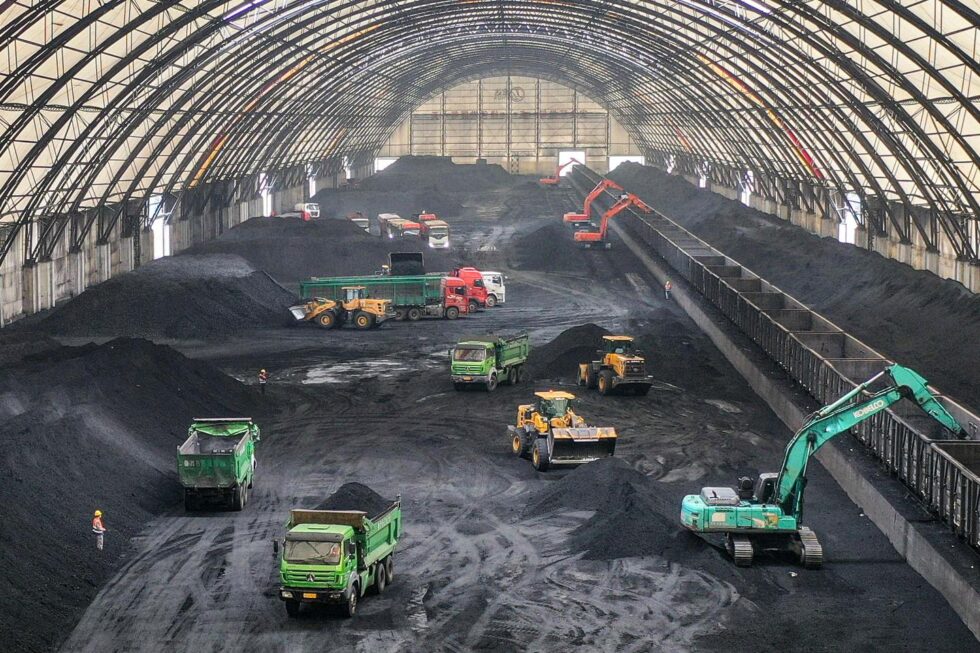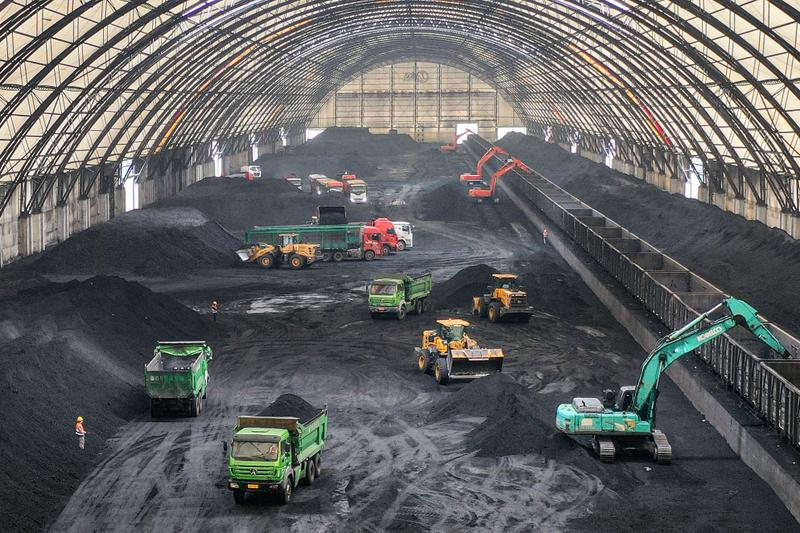

Scientists have been repeating it for years: The top priority in the fight against climate change should be to reduce greenhouse gas emissions rather than relying on methods to absorb CO2 once it is in the atmosphere. A study published on Thursday, June 19, drives the point home, just hours after a group of climate scientists announced that the goal of limiting global warming to 1.5°C was now out of reach. The study demonstrates “the insurmountable challenges” that fossil fuel companies would face if they had to offset their future CO2 emissions, for instance, by planting trees.
Published in Nature Communications Earth & Environment, the study uses as its starting point the known coal, oil and gas reserves held by the 200 largest fossil fuel companies. According to the Fossil Free Funds database, burning these reserves would generate 673 billion metric tons of CO2 – far more than the remaining carbon budget to limit warming to 1.5°C (130 billion metric tons).
In recent years, more and more fossil fuel companies have highlighted their ambition to achieve net zero emissions through offsetting projects. The British oil company Shell, for example, plans to offset about 120 million metric tons per year by 2030. An analysis published in 2023 by the UK-based Carbon Brief website also demonstrates the extent to which the largest companies, particularly those in the energy sector, base their strategies on these methods.
You have 70.83% of this article left to read. The rest is for subscribers only.







